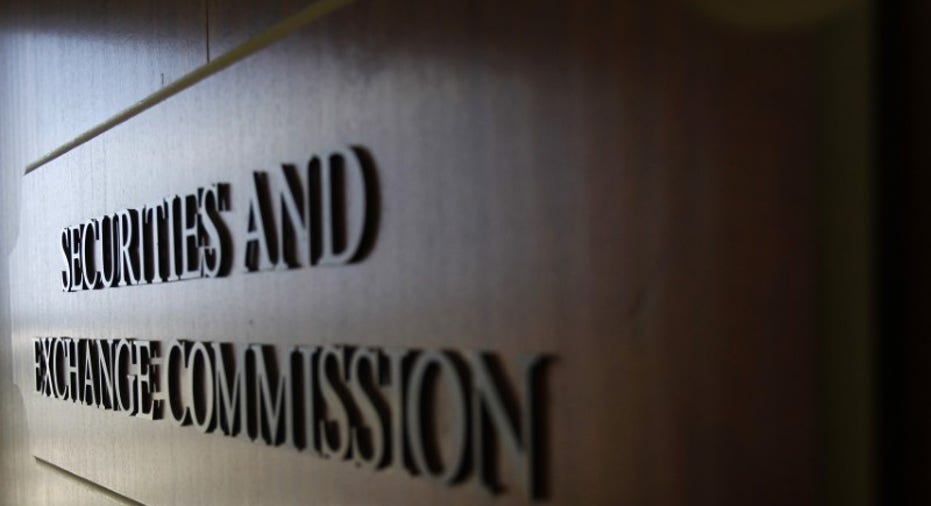U.S. SEC says ex-broker peddled securities after bar from industry

A former Morgan Stanley broker who was barred from the securities industry later solicited $2.7 million from 10 elderly and retired investors without disclosing that his license was revoked, U.S. securities regulators said on Tuesday.
The broker, Rafael Calleja, told investors that their principal was insured and they would receive a fixed rate of return in one year, the U.S. Securities and Exchange Commission said in a complaint filed in Miami federal court.
Calleja used at least $123,000 of the investors' money for golf outings, cruises and other personal enjoyment, the SEC said.
Neither Calleja nor his lawyer was available to comment. Calleja will have an opportunity to defend against the SEC's allegation in a civil proceeding.
In 2012, Calleja, who was a broker for Morgan Stanley in Tampa, Florida, from 2008-2011, agreed to a permanent bar from the securities industry for misconduct engaged in at prior firms, according to a settlement with the Financial Industry Regulatory Authority (FINRA), Wall Street's industry funded watchdog.
The misconduct included using an ATM card to make a total of $67,300 in withdrawals from a customer's securities account between 2005 and 2007 while a broker for Bank of America Corp's Merrill Lynch unit, making trades without the customer's permission and recommending a risky investment strategy for the customer, who had mental disabilities, FINRA had said.
Calleja neither admitted nor denied FINRA's allegations, according to the settlement.
In 2014, Calleja, 42, part-owned and managed Miami-based Tower Trade Group USA LLC through which he sold privately issued securities that were not SEC-registered, the SEC said. Calleja was not allowed to sell privately issued securities, which are SEC regulated, because of his disciplinary history, the agency said.
Calleja failed to disclose virtually any information to the investors, including that the funds would be sent offshore to be invested by a foreign company affiliated with his firm, the SEC said.
The foreign affiliate began investing the funds in November 2014, about eight months after the initial investor deposit, but did not invest the bulk of the funds until the end of January 2015, nearly a year after the initial investor deposit, the SEC said.
After discovering that Calleja misused the investors' funds, it re-paid everyone in full, even covering the shortfall caused by Calleja's misappropriation, the SEC said.
(Reporting by Suzanne Barlyn; Editing by Leslie Adler)



















